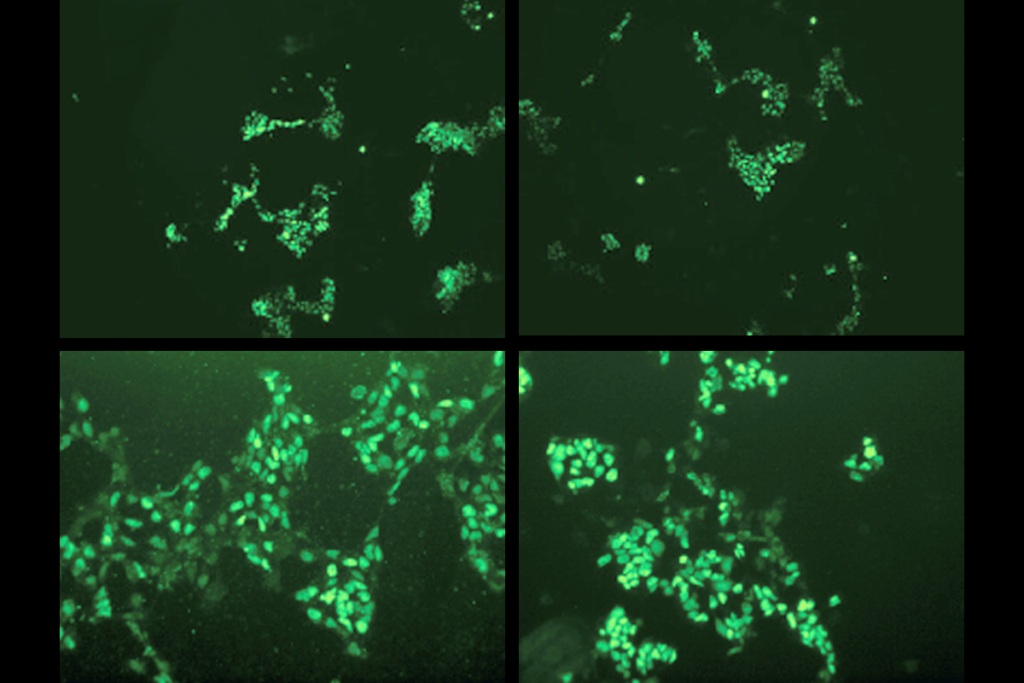Cognition and behavior: Drug ups sociability in autism mice
Rapamycin, a drug given to suppress immune rejection after transplants, improves social behavior in mice with features of autism, reports a study published in the January issue of Brain Research Bulletin.
Rapamycin, a drug given to suppress immune rejection after transplants, improves social behavior in mice with features of autism, reports a study published in the January issue of Brain Research Bulletin1.
The drug blocks a protein complex in the mammalian target of rapamycin (mTOR) pathway, which is known to regulate cellular metabolism and growth. Over-activation of mTOR is associated with social deficits in autism2.
In mice, rapamycin has been shown to alleviate symptoms of several autism-related disorders. For example, it improves movement, sociability and learning in a mouse model of tuberous sclerosis, and enhances performance on several spatial learning tasks in mice with fragile X syndrome.
In the new study, researchers looked at rapamycin’s effects in BTBR inbred mice, which have social deficits and repetitive behaviors and are used to study autism.
They injected rapamycin for four consecutive days into 4-week-old male controls and BTBR mice. One hour after the last dose, they tested the mice’s social skills, using a version of the classic three-chamber test. In this test, mice have a choice between a chamber with a caged mouse and one with an empty cage.
As expected, the control mice spend more time with the caged mouse than the BTBR mice do. However, BTBR mice treated with rapamycin are more social: They spend more time in the chamber with the caged mouse than the one with the empty cage. When the caged mouse is released, the treated BTBR mice also approach and sniff it more than their untreated peers do.
Rapamycin has no effect on repetitive behaviors in BTBR mice, the study found, perhaps indicating that different neural circuits manage repetitive behaviors and sociability.
Because rapamycin is an immunosuppressant, its long-term use as a treatment for autism is problematic. However, the researchers suggest that the drug might help ease anxiety if taken just before stressful social events.
References:
1: Burket J.A. et al. Brain Res. Bull. 100, 70-75 (2014) PubMed
2: Crino P.B. Trends Mol. Med. 17, 734-742 (2011) PubMed
Recommended reading

Developmental delay patterns differ with diagnosis; and more

Split gene therapy delivers promise in mice modeling Dravet syndrome

Changes in autism scores across childhood differ between girls and boys
Explore more from The Transmitter

Smell studies often use unnaturally high odor concentrations, analysis reveals

‘Natural Neuroscience: Toward a Systems Neuroscience of Natural Behaviors,’ an excerpt
